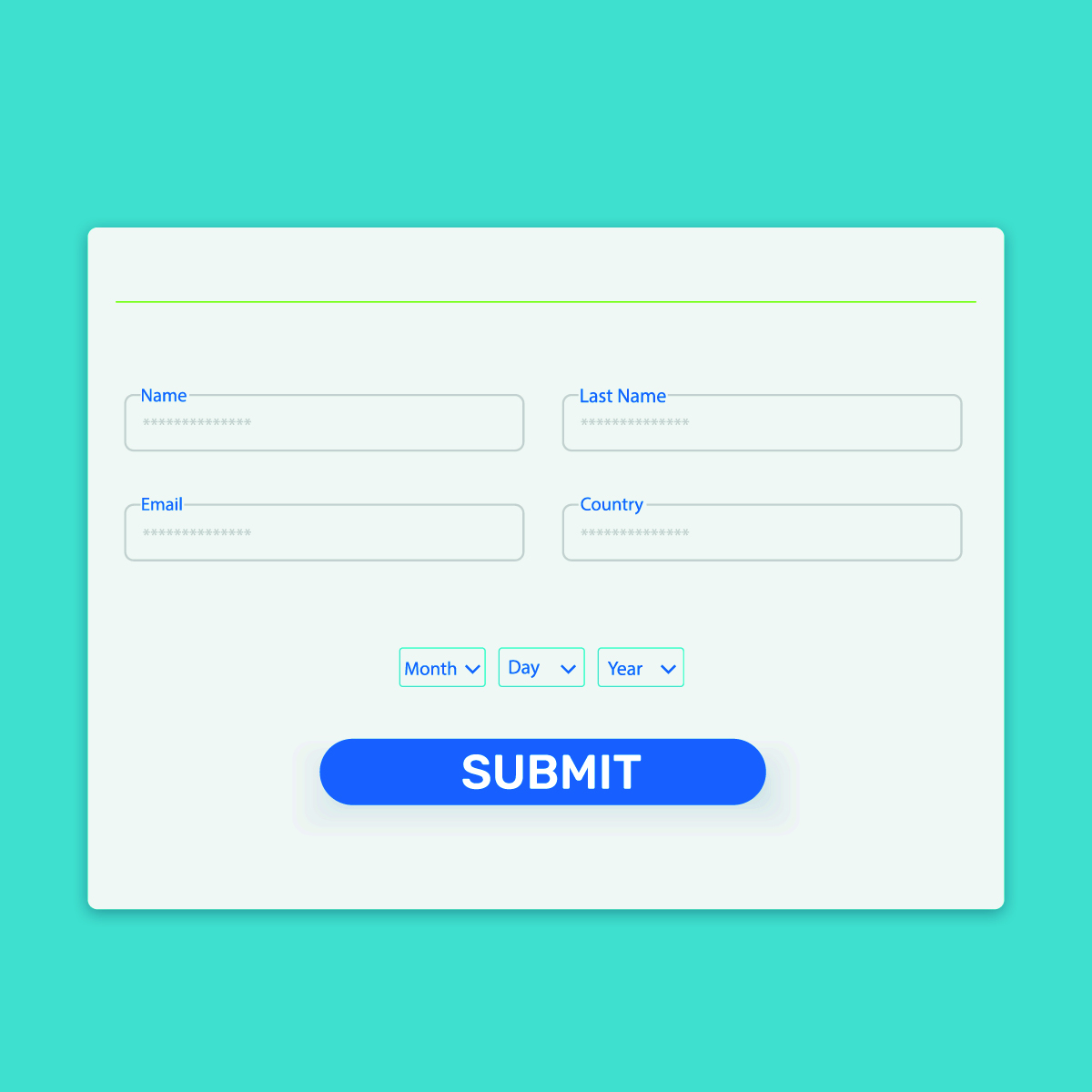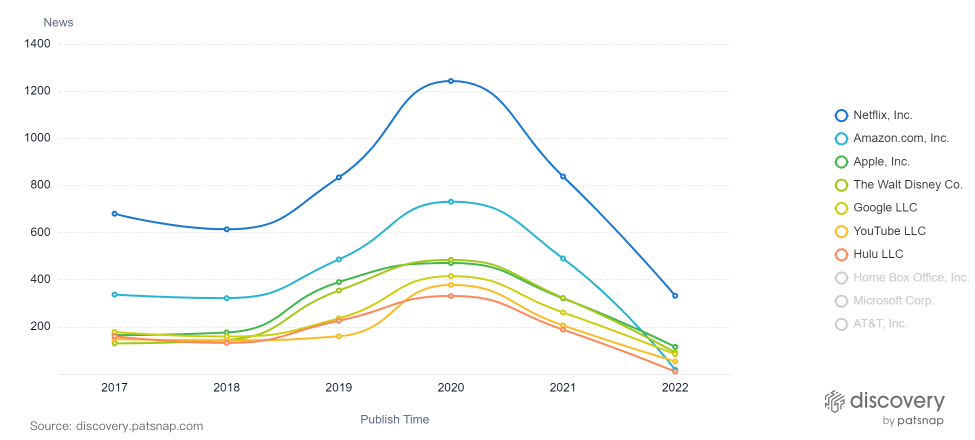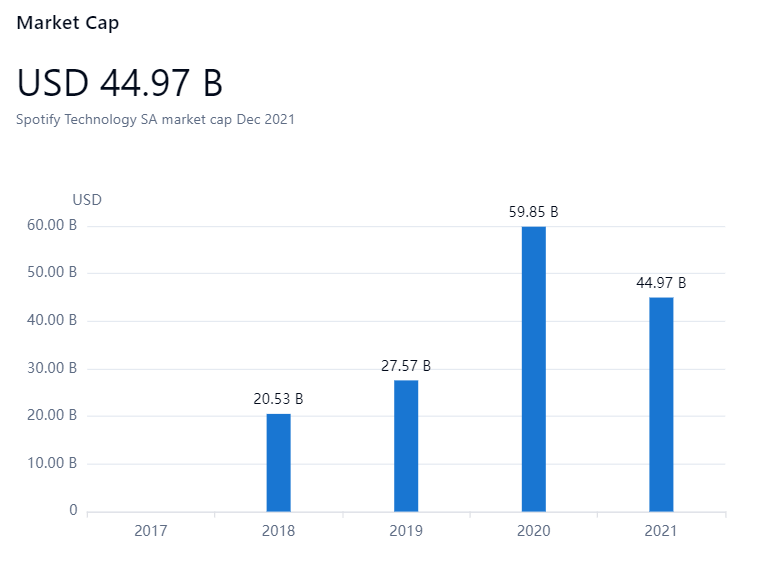Data monetization is disrupting the economic landscape for businesses. In this article, we explore the challenges associated 
Personal data is increasingly recognized as a digital asset, especially in software industries. As far back as a decade ago, the World Economic Forum described personal data as an “asset class generating a new wave of opportunity for economic and societal value creation.”
While personal data offers a tremendous opportunity for industries to grow revenue through data-driven decision-making, data ownership, privacy regulations, and data protection pose a challenge.
In this article, we explore the two main challenges to data monetization, as well as the four emerging data models reshaping businesses.
Challenges to Data Monetization
Data Ownership
Data is an intangible asset, and its ownership is a controversial subject. When data exists in raw form, as unorganized information, it’s difficult for anyone to claim ownership over it. However, when data is protected as an intellectual property asset, for example, copyright registration of a database, there may be restrictions of use.
Therefore, data ownership poses a limitation on the use and analysis of data. To avoid this challenge, organizations collect raw data from customers.
Data Protection and Privacy
Data protection, privacy, and monetization appear to be conflicting interests. Many companies would rather choose one than walk the thin line in-between. As Apple’s CEO, Tim Cook, once said, “We reject the excuse that getting the most out of technology means trading away your right to privacy.”
Choosing a suitable data protection model will enhance a company’s ability to understand and monetize consumer data.
Legal mechanisms, such as terms of use or user agreements, help organizations clarify the intended use of data collected from customers. Technical mechanisms, such as rights management or access control, help organizations safeguard collected data so that internal and external stakeholders can use it for intended purposes. Organizational mechanisms also ensure the right persons in the organization have access to the data and the data is shared on safe platforms across the organization.
Furthermore, organizations may develop data management policies enabling the business to protect its digital assets, collaborate, and innovate. Many organizations focus on compliance while losing sight of the need for their data management policies or governance framework to enable the company to innovate and collaborate internally and externally. If the policies do not allow the business to analyze its data in a way that helps it serve its customers better and achieve its business goals, it’s a missed opportunity. Therefore, data management policies must be water-tight to protect the company from data breaches and flexible to enable innovation and collaboration.
Finally, organizations must understand their position in the market and develop safeguards for different types of data. For example, organizations using data that includes IP-protected materials must consider the extent of their license and the territorial nature of such protection. This is especially important for global companies, which need to also consider the sectors they operate in and the rules and regulations of their markets.
Emerging Data Monetization Models Reshaping Businesses
To overcome the challenges listed above, organizations are increasingly adopting new data monetization models to ensure data remains protected and private.
Model #1: Aggregation Model
This model requires an aggregation of data from multiple sources. An example of this model is organizations offering Developers-as-a-Service (DAAS) or providing data access to developers. They provide a platform for developers to extract data while ensuring compliance at the backend. This model allows developers to analyze data freely, and without fear of breaching privacy regulations. Multiple data sources also ensure developers have better insights for decision-making.
Model #2: Subscription Model
A subscription-based business model charges customers a recurring subscription revenue for access to products or services. During the pandemic, the subscription-based model spiked and grew in popularity among software businesses, resulting in many Software-as-a-Service (SaaS) businesses.
A subscription-based business uses personal data to create a custom experience, tailored to each customer. For example, Netflix tracks the shows you watch to recommend other content based on your preference.

Global news coverage on video streaming services increased unanimously in 2020 with the onset of the COVID-19 pandemic.
Model #3: Freemium Model
As the name implies, a freemium business model offers you a free product or service with limited features and charges a premium for additional features. An example of a freemium business model that monetizes data is Spotify. Spotify leverages customer data to customize the user experience and encourage users to subscribe to its premium version. Ninety percent of Spotify's revenue comes from its premium subscriptions.
Spotify’s former Global Head of Verticals, Khartoon Weiss, stressed the importance of leveraging data to build a better customer experience. He said, “data, usage, and behavior give us all of the richness that helps us literally build products and follow the behavior to serve in a way that offers value and works in service of people.”

Spotify’s market cap (the market value of their outstanding shares), grew dramatically in 2020, reflecting increased investments.
Model #4: Advertising Model
In an advertising model, an organization offers services to consumers for free. Yet, the consumer’s data is sold at the backend to a third party through advertising. The advertising model is the most common data monetization model used by global technology companies, such as Meta and Alphabet. It has been subject to several inquisitions and regulations. Tom Wheeler, the ex-Chairman of the US Federal Communications Commission, described it as the ‘Wizard of Oz’ in digital format. He called it, “the math that takes our private information and turns it into a corporate asset.” Therefore, organizations must carefully implement an advertising monetization model.
The digitalization of traditional industries has emphasized the importance of data as a digital asset. If organizations are to remain competitive, they must safely leverage user data to create value and make informed decisions.
To learn more about the future of digital assets and monetization, click here to watch our on-demand webinar.
Recommended by companies
Apple Dynamic Network Services Oracle America Sensormatic Electronics Ikeda Bussan Huawei Technologies ZTE Mitsubishi Electric Engineering Samsung Electronics QUALCOMM Freddie Mac Federal National Mtge Siemens UnitedHealth Group General Electric Co AES Marriott International Shell Welltower HCA Healthcare Westconnex Meituan Thermo Fisher Scientific Sea Cruise Air Canada Lineage Logistics Lucid Motors National Treasury Mgmt Universal Music Group Microsoft Disney Baidu Google Oracle IBM BYD Tesla PatSnap Oppo Xiaomi DJI Facebook Spotify Netflix
